Top Iranian Commanders and Nuclear Scientists Killed in Israeli Strikes:
Explore the impact of Israel’s 2025 strikes on top key Iranian military figures and nuclear experts. Top Iranian Commanders and Nuclear Scientists Killed in Israeli Strikes on June 13 2025

Targeting Iran Top Commanders & Nuclear Scientists:
Irani media confirmed the deaths of several top senior military commanders and nuclear scientists following Israeli airstrikes across the different cities in Iran. for more updates about israel strickes on iran click the link https://muavpk.com/israel-shocking-attack-on-iran-2025/
1) Major General Mohammad Bagheri:
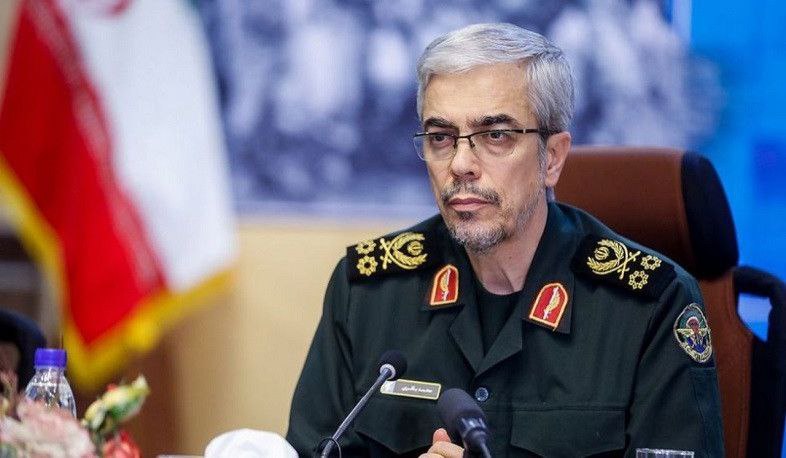
Major General Mohammad Bagheri is the Chief of Staff of the Armed Forces of the Islamic Republic of Iran. Born in 1960, Bagheri is a high-ranking military commander with deep ties to the Islamic Revolutionary Guard Corps (IRGC). He played a key role in shaping Iran’s defense strategy and overseeing military operations, especially regarding ballistic missile development and regional proxy forces. With a background in intelligence and military logistics, Bagheri was instrumental in coordinating Iran’s responses to U.S. and Israeli actions. His leadership significantly influenced Iran’s military doctrine, emphasizing asymmetric warfare and strategic deterrence through missile and nuclear programs.
2) Major General Hossein Salami:
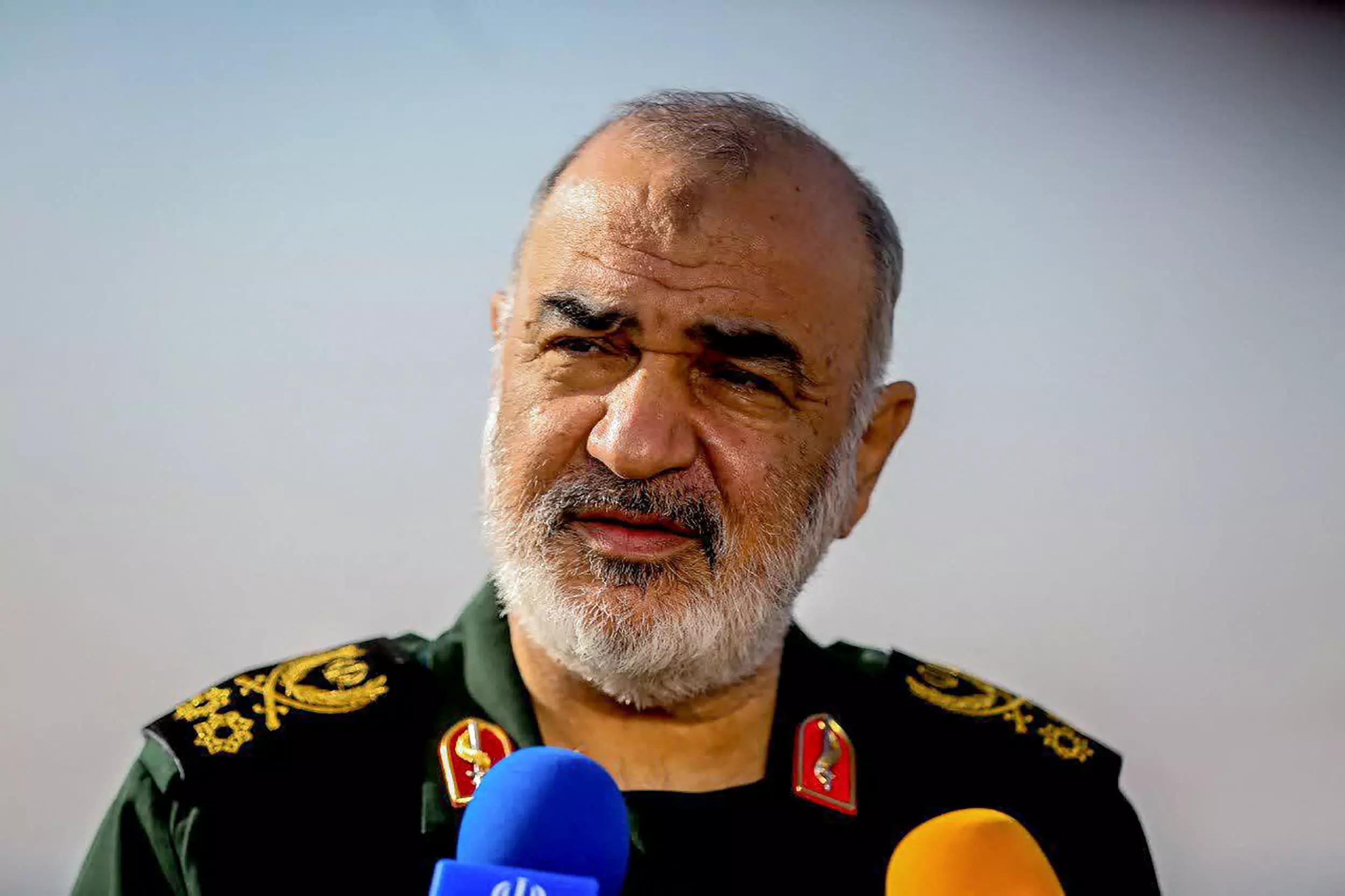
Major General Hossein Salami served as the Commander-in-Chief of the Islamic Revolutionary Guard Corps (IRGC) from 2019 until his reported death in 2025. Born in 1960 in Iran, Salami was a hardline military figure known for his aggressive rhetoric against Israel and the United States. He held a Ph.D. in defense and strategic studies and was a key architect of Iran’s regional military strategy, including support for proxy groups like Hezbollah and militias in Iraq and Syria. Under his leadership, the IRGC expanded its missile capabilities and cyber warfare operations. Salami was a central figure in Iran’s military decision-making and national security planning.
3) Major General Gholamali Rashid:
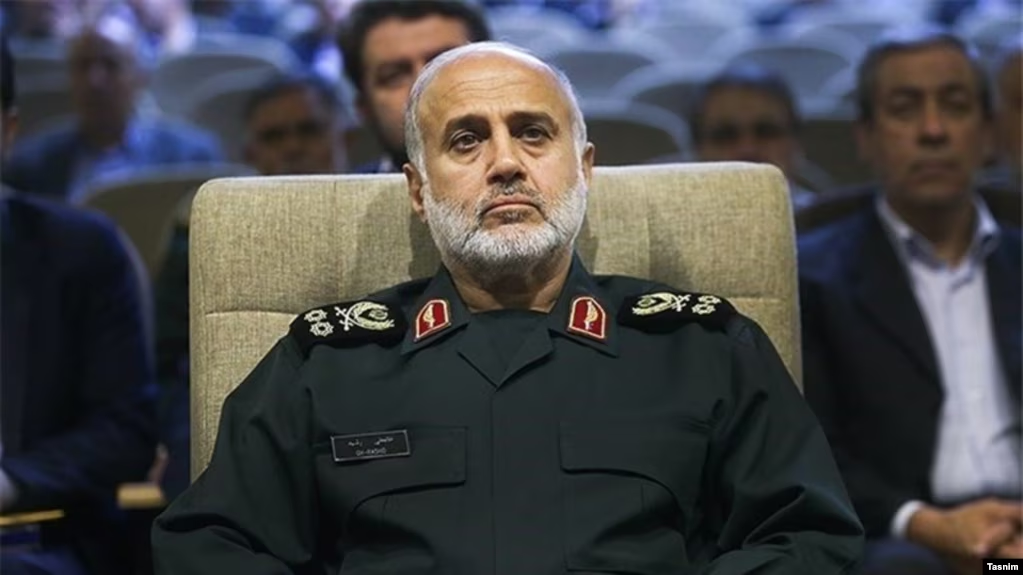
Major General Gholamali Rashid was a senior Iranian military strategist and commander, best known for leading the Khatam al-Anbiya Central Headquarters, Iran’s top joint operational command. He played a pivotal role in coordinating strategic military planning across Iran’s armed forces, including the Islamic Revolutionary Guard Corps (IRGC) and regular army units. Rashid was closely involved in overseeing Iran’s regional military influence in Iraq, Syria, and Lebanon, and was regarded as a key architect behind Iran’s asymmetric warfare doctrine. Known for his loyalty to Supreme Leader Ayatollah Khamenei, Rashid’s leadership helped shape Iran’s defensive and retaliatory strategies against U.S. and Israeli threats.
4) Major General Gholamali Rashid
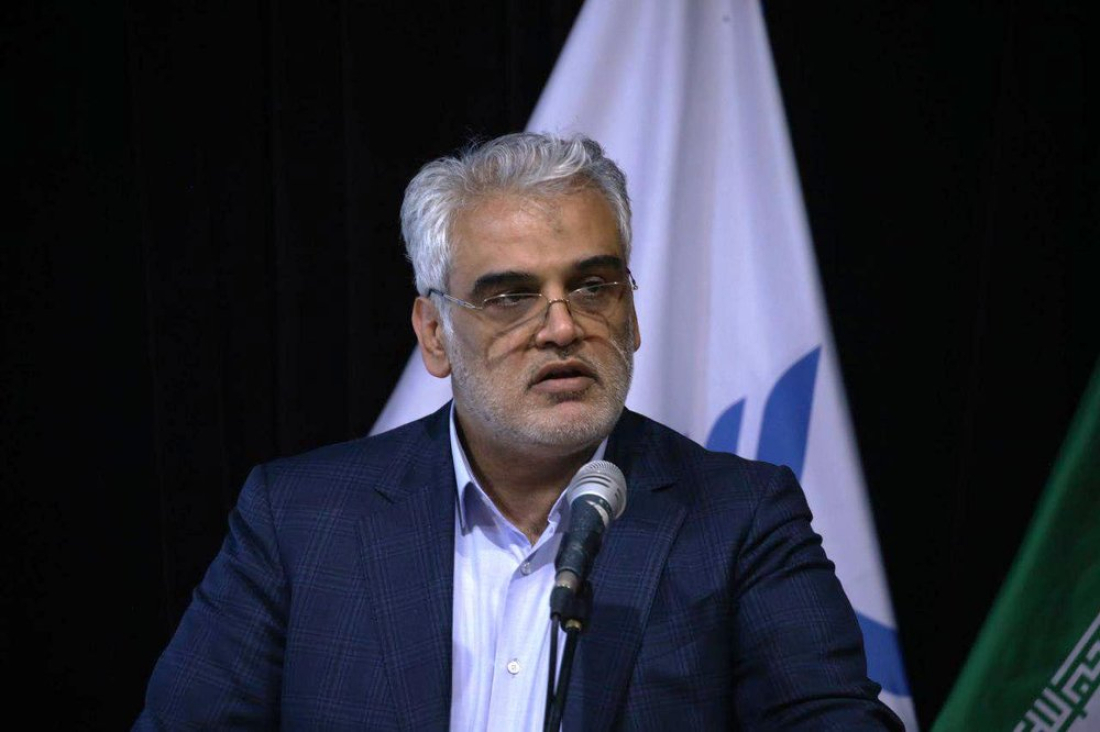
Dr. Mohammad Mehdi Tehranchi is a prominent Iranian physicist and academic leader, deeply involved in Iran’s higher education and scientific research sectors. He has served as the President of Islamic Azad University, one of the largest academic institutions in Iran. With a strong background in nuclear physics, Dr. Tehranchi has been linked to Iran’s advanced scientific and possibly nuclear research programs. He has published numerous papers in theoretical and applied physics and played a key role in promoting Iran’s domestic scientific capabilities. As an influential educator and policymaker, he contributed to aligning Iran’s academic advancements with its national strategic goals.
5) Dr. Fereydoun Abbasi:
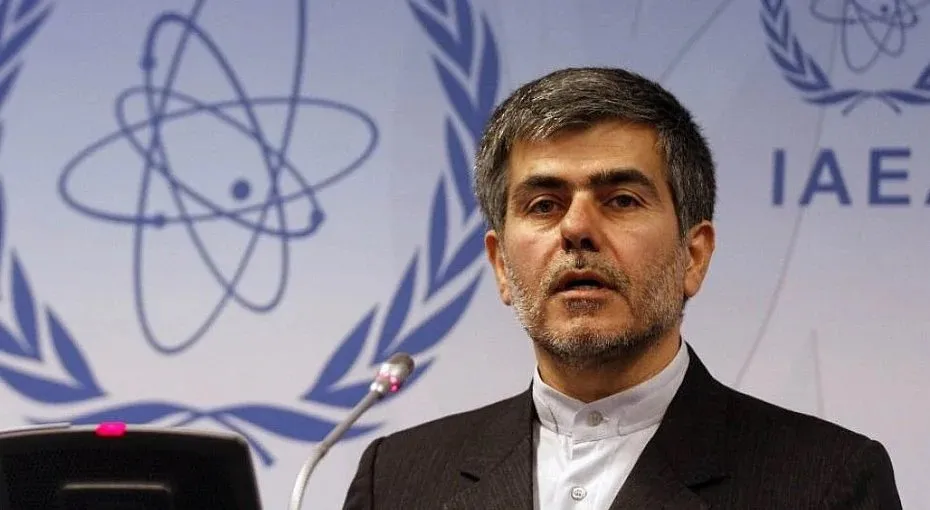
Dr. Fereydoun Abbasi is a senior Iranian nuclear scientist and former head of the Atomic Energy Organization of Iran (AEOI). Born in 1958, he played a critical role in advancing Iran’s nuclear program, particularly during the 2010s when international tensions over Iran’s uranium enrichment were at their peak. A physicist by training and a veteran of the Islamic Revolutionary Guard Corps (IRGC), Abbasi survived an assassination attempt in 2010 allegedly linked to foreign intelligence. As AEOI chief from 2011 to 2013, he was instrumental in accelerating nuclear research and infrastructure, making him one of the most influential figures behind Iran’s nuclear policy and resistance to Western pressure.
these top irani official casualties is the major failure of iranian VIP’s securities , and it’s a question from iran government why they cannot defend their top officials from the israel and U.S. strikes and it’s not a single failure as we can check the previous record of iran so we can easily find such type of big mistakes
Targeting Iran Nuclear Sites.
In the early hours of June 13, 2025, Israel conduct a high-precision military operation deep inside Iranian territory, specifically targeting Iran’s nuclear facilities and research infrastructure. According to Iranian state media, key nuclear sites believed to be involved in uranium enrichment, missile development, and advanced research were hit with precision-guided munitions and drone strikes.
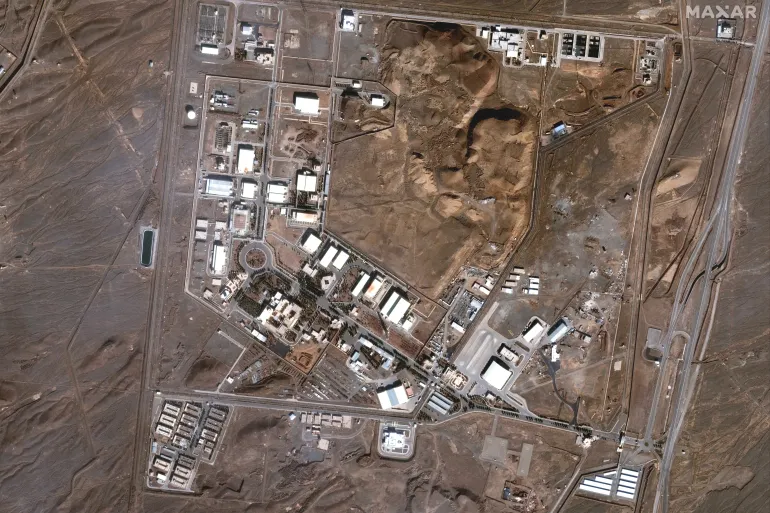
Among the affected locations were underground nuclear labs, ballistic missile production units, and research centers associated with the Atomic Energy Organization of Iran (AEOI). The attack also resulted in the deaths of top Iranian nuclear scientists, including Dr. Fereydoun Abbasi and Dr. Mohammad Mehdi Tehranchi, both heavily involved in advancing Iran’s nuclear capabilities.
This strike marks one of the boldest and most direct efforts by Israel to disrupt Iran’s nuclear ambitions in recent years. Satellite imagery and preliminary reports indicate significant structural damage, though Iranian authorities have yet to release detailed assessments.
The attack, seen as a pre-emptive measure, reflects growing concerns in Tel Aviv about Iran reaching nuclear breakout capability. It has also drawn international condemnation and warnings of further escalation across the region.
The strikes meant to prevent Iran from going nuclear may instead push it to build the bomb – and draw the region into wider conflict.
for gaza updates click here https://muavpk.com/gaza-bleeds-world-stands/
Conclusion:
The June 13, 2025 Israeli strikes on Iran marked a turning point in Middle East tensions. By eliminating top Iranian military leaders and nuclear scientists, and targeting critical nuclear facilities, Israel aimed to cripple Iran’s nuclear ambitions. However, this aggressive act risks backfiring—potentially accelerating Iran’s desire for nuclear deterrence and dragging the region into a broader conflict. The international community must act swiftly to prevent full-scale war.
CTA:
Stay informed with Muav PK as we continue to uncover the truth behind breaking headlines, military developments, and geopolitical shifts in South Asia.
🔔 Subscribe to our blog for verified, unbiased updates.
📲 Follow us on TwitterX http://muavpk.com, Instagram, and Facebook https://www.facebook.com/share/1AbLcQwDfj/
🗣️ Comment below with your thoughts — Do you believe the full truth has come out?
FAQs:
1. Why did Israel attack Iran on June 13, 2025?
Israel aimed to destroy Iran’s nuclear infrastructure and eliminate senior military figures to prevent nuclear weapon development.
2. Who were the key Iranian figures killed in the strikes?
The strikes killed five top figures including Major Generals Mohammad Bagheri, Hossein Salami, Gholamali Rashid, and nuclear scientists Dr. Fereydoun Abbasi and Dr. Mohammad Mehdi Tehranchi.
3. Were Iran’s nuclear sites seriously damaged?
Yes. Reports confirm severe damage to key facilities, including uranium enrichment labs and missile development centers.
4. How has Iran responded to the strikes?
Iran condemned the attack as an act of war and vowed strong retaliation, raising military alert levels nationwide.
5. What is the global reaction to the strikes?
World leaders expressed concern over regional escalation, with calls for restraint and renewed diplomatic efforts to prevent wider conflict.
Stay updated with real-time global news at MuavPK.com

3 thoughts on “Top Iranian Commanders and Nuclear Scientists Killed in Israeli Strikes on June 13 2025”